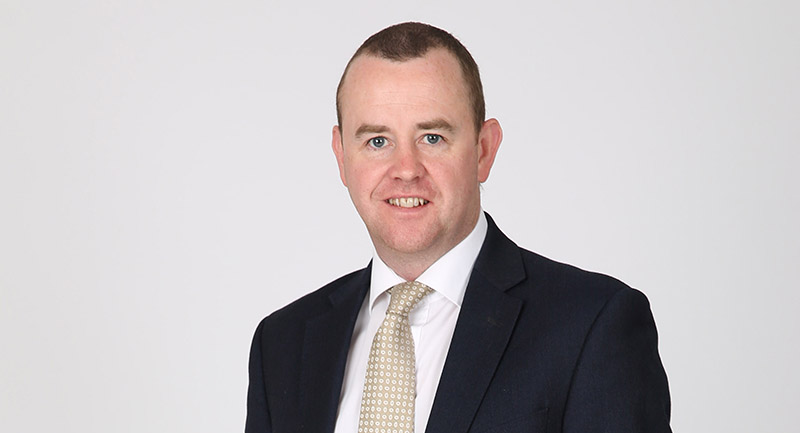In a strange way, 2020 was the year many bond funds were waiting for. Clearly there were risks, but after years of dearth there were suddenly plenty of opportunities abound – the sweet shop was very much open for business.
Two years on and it seems we are back to the status quo of an expensive asset class with a dearth of opportunities. Now volatility is making things even harder.
For example, sterling corporate bond fund managers have had a particularly challenging time of late, with the average fund down some 8% in the first few months of this year.
Investors have also become less enthusiastic about the sector, with almost £800m of net outflows in the first quarter of 2022. After 14 years of buying bonds, quantitative tapering is on the way, with corporate bonds likely to be the first assets to be sold.
But has the combination of geopolitical events and a sharp rise in inflation created some opportunities for the sector? There are some signs which perhaps indicate there may be some pockets of opportunity on the way.
Will tapering be as bad as expected?
The first thing I want to touch on is the tapering. As Artemis Corporate Bond co-manager Grace Le points out, this is not the disaster for corporate bonds that perhaps many thought it would be.
The Bank of England holds around £20bn of corporate bonds (accounting for 4% of the sterling investment grade universe, which is valued at £500bn, and 7% of the non-financial universe).
She says the sale of Bank of England assets would have an impact, but this would be countered by the de-risking of pensions.
“We are seeing companies that want to dispose of their pension liabilities and transfer these risks to insurers, which typically sell equities and buy fixed income,” she said.
“This has been a boon to the investment grade market. Last year alone saw the completion of around £30bn worth of de-risking transactions. It is estimated there will be £40bn worth of such transactions in 2022.”
Has inflation peaked?
The other big question surrounds inflation – not just its peak but what sort of level it will eventually subside to in the future.
Rathbone Strategic Growth portfolio manager David Coombs says we have started to see significant outflows from bond funds, particularly passives, which are often selling with poor liquidity. As a result, he has taken the opportunity to buy some credit for the first time in years.
He says: “It is mostly for the lower risk funds in the range, as 3.5-4% yields look quite attractive on our three-year view (where inflation falls to around 3%, and interest rates will have long-since peaked).”
SVS Church House Tenax Absolute Return Strategies co-manager Jerry Wharton says there are now a number of quality bonds issued last year – when yields were low – which are now trading well below par.
Examples include the green bond issued by Berkeley homes last year (the proceeds of this issue can only be used for the construction of new housing stock that qualifies for the highest rating of EPC).
These bonds are currently trading at 87 (quick reminder that bonds are redeemed at a par, 100p) offering a yield to redemption in nine years’ time of over 4%.
Is BBB the sweet spot?
There are also certain bonds which could benefit from interest rate hikes, the likes of financial companies come to mind in this scenario.
BBB-rated bonds also have an attraction, as they tend to be shorter duration and have less interest-rate sensitivity than A-rated bonds, for example.
BBB exposure has grown exponentially in recent years and while the risk is there of being downgraded to high yield it is important to remember that many of these companies rely on access to investment grade capital markets to fund business operations. As a result, a significant portion of the BBB-universe is highly motivated to remain investment grade.
BlackRock Corporate Bond fund manager Ben Edwards is currently favouring this area of the market – with more than half of his funds’ allocation in the BBB space.
Heightened volatility means patience is the order of the day for investment grade bonds. Investors must balance the impact of inflation and rising rates, with the strong macroeconomic backdrop which should support the corporate bond market.
Much will depend on whether inflation does fall back, creating opportunities for yield over the medium-to-long term – but I expect it will be a bumpy ride.









